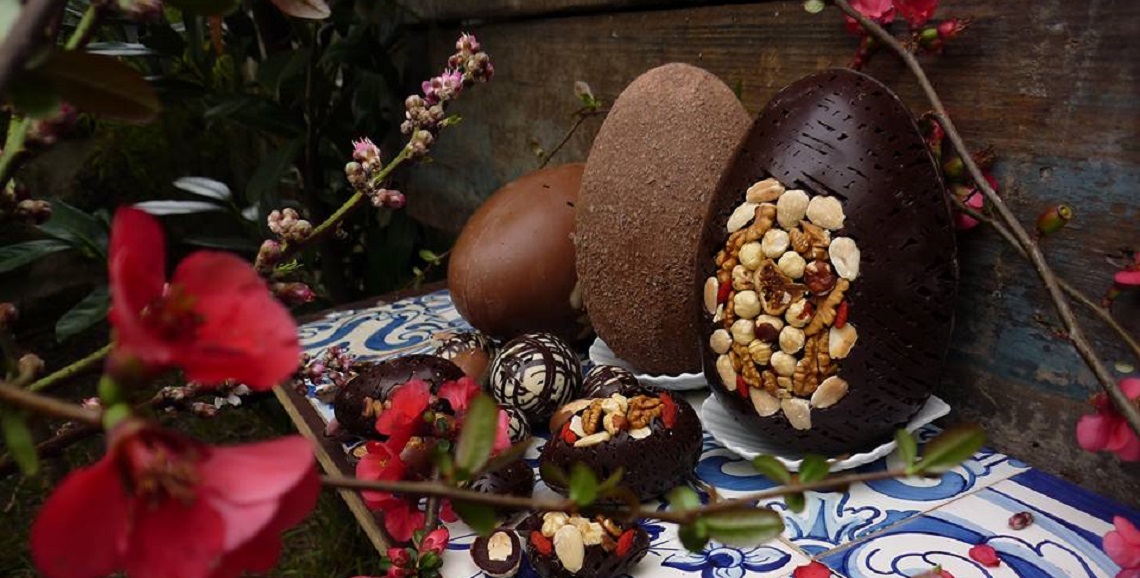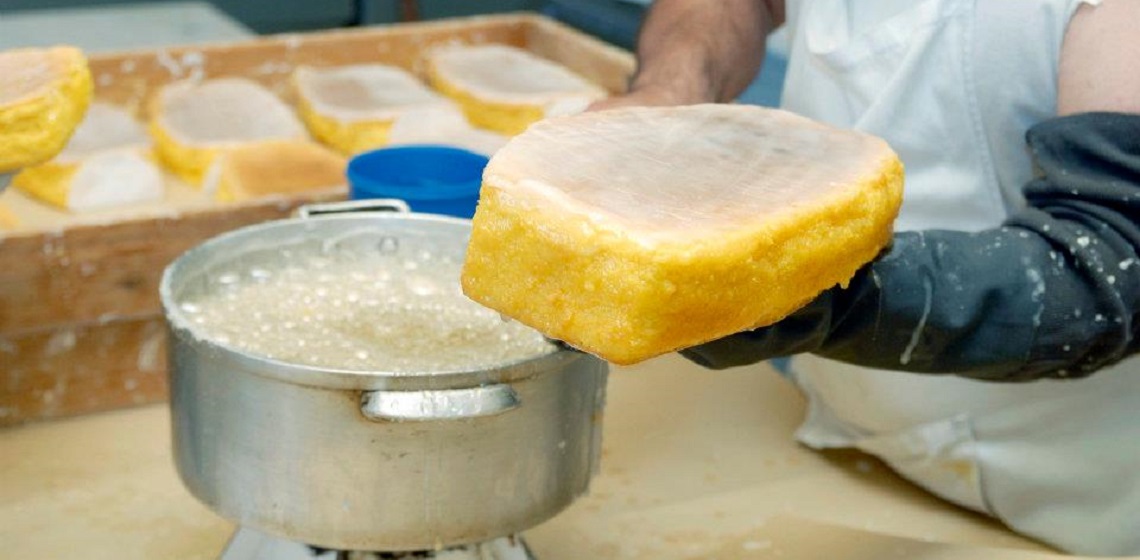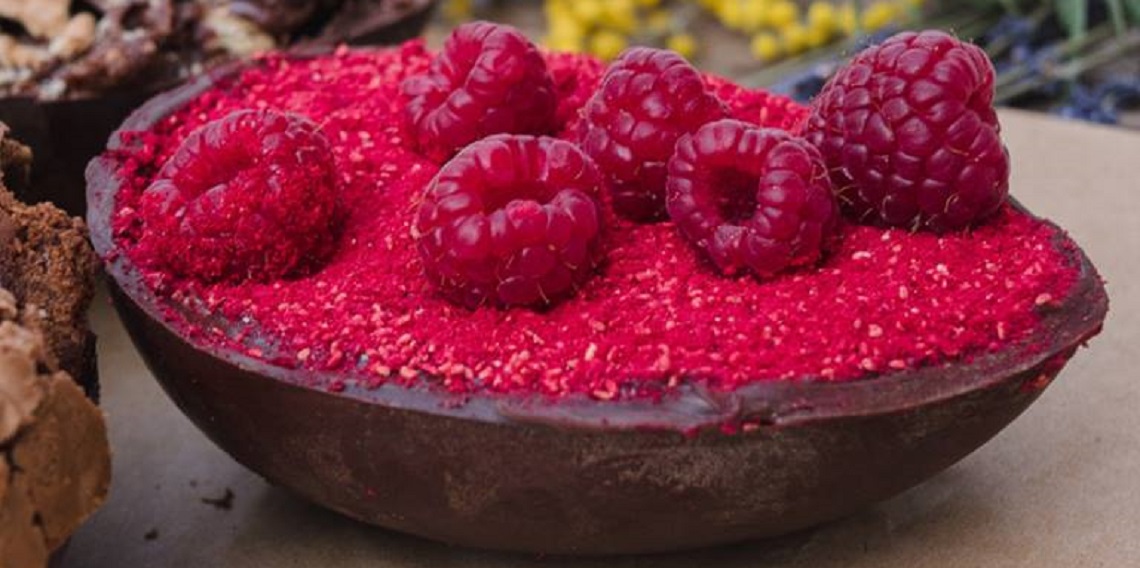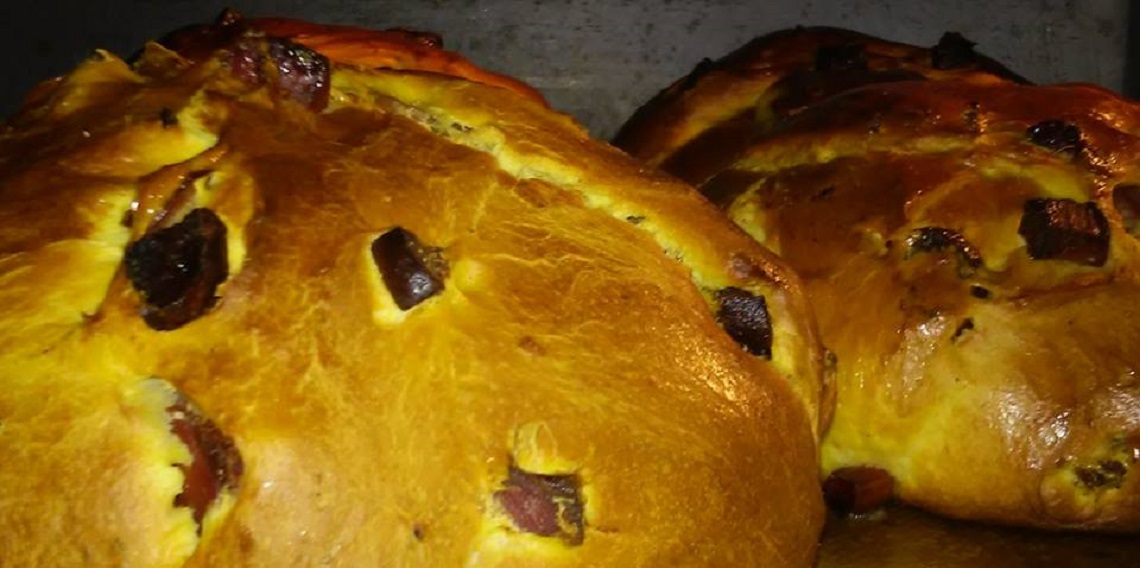A sweet Easter itinerary: folar bread, sweet almonds and sponge cake
All About Portugal selected 15 popular spaces where Easter sweets are made and sold. We are talking about "folares" (Easter bread), handmade sweet almonds and "pão de ló" (sponge cake), among other typical products.
Easter is also celebrated at the table. From north to south of Portugal, the houses gain new colours and flavours, with the traditional "folares" (of eggs and meat, among others), sweet almonds and "pão de ló" (regional sponge cake), with variations of popularity and ingredients from region to region. The shops "dress up", and there are illustrious spaces, less mainstream, that reach the annual peak of demand with the sale of the traditional "folar" and also handmade almonds. Prepare your shopping list and join All About Portugal in this gastronomic, and very sweet, itinerary.
Pastelaria Maria - Chaves
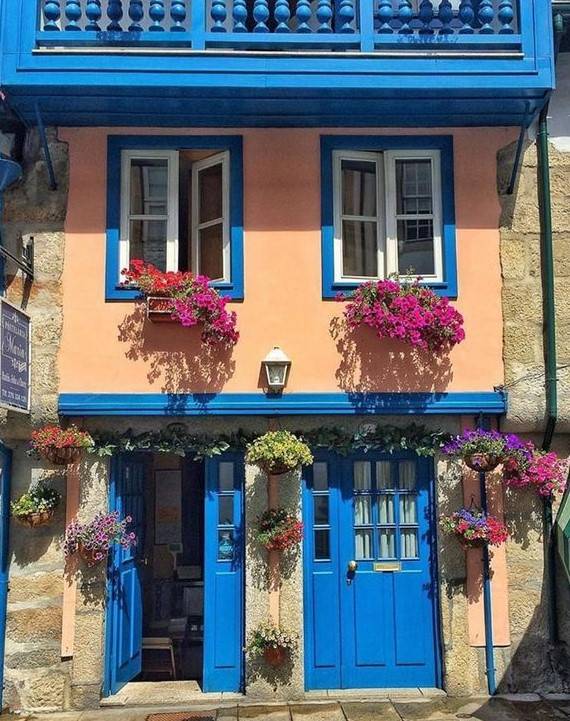
The Easter itinerary begins "right up against" Spain, in Chaves. Whether is Easter or not, "Folar" has its place at the table, in Trás-os-Montes. This regional gastronomic delicacy is so famous that the meat "Folar" is often called "Folar de Chaves". One of the places where you can buy it is at "Pastelaria Maria", with more than 50 years of history, standing out in the street by its colourful facade. Here, meat is also the main ingredient in pastries, pies and in the traditional "bola de carne" (cake or bread made with different types of meat).
Casa do Folar Limiano - Ponte de Lima
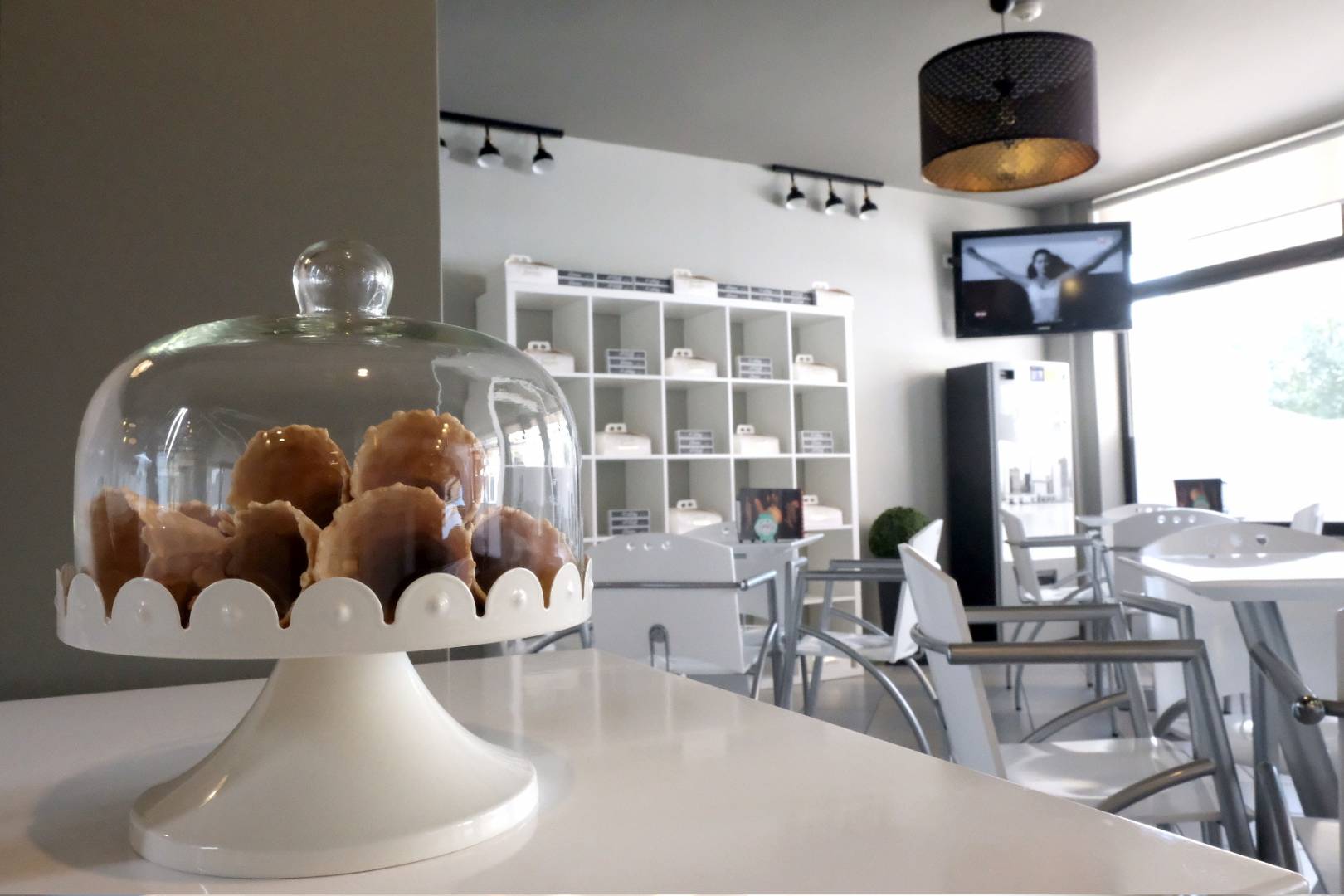
We continue with the snacks, now in Ponte de Lima. The "Casa do Folar Limiano" has been successful with its "Folar", which combines the soft and light dough to the acidity of the green wine and sausages of the region. This is a project of Chef Vítor Lima, who dared to reinvent one of the most popular delicacies in the north of Portugal, combining the recipe with some of the nearby gastronomic treasures. In addition to the "Folar", is also known for its bonbons.
Pão de Ló de Margaride - Felgueiras
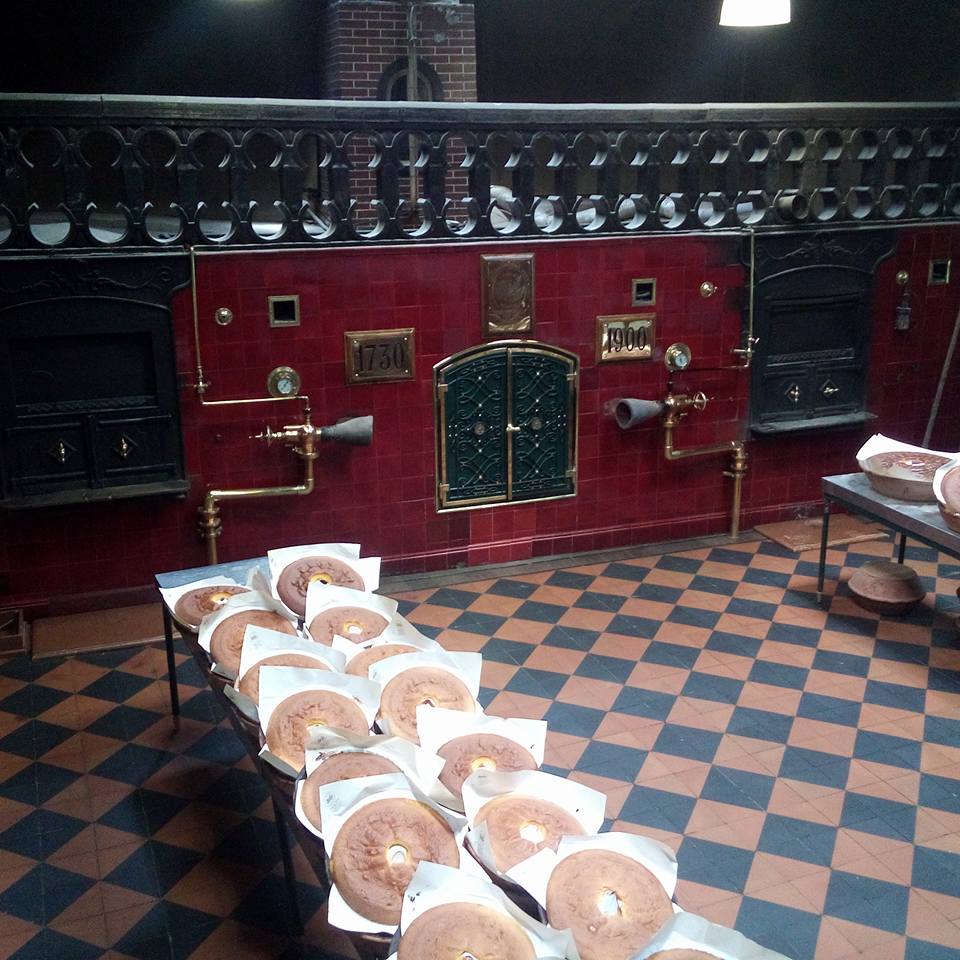
Not always associated with an Easter sweets, the "Pão de Ló" brings sweetness to tackle the salty "Folar". Going down to Felgueiras, you will find the Fábrica de Pão de Ló de Margaride (a factory), well-known for its production of "Pão de Ló" and "cavacas". This is a house with a long history and tradition, since its origin goes back to the eighteenth century and, although it has gone through changes as time went by, it still bets on artisanal confectionery.
Casa do Bolinhol, Kibom - Vizela
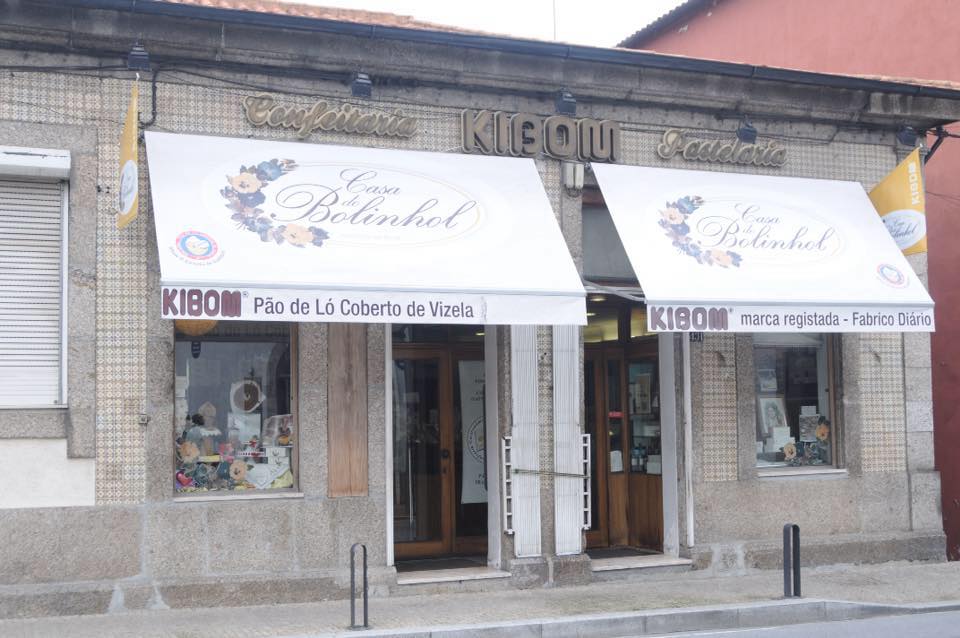
If we talk about houses with history, we can not forget "Casa do Bolinhol - Kibom", in the neighbouring county of Vizela. Instead of the usual round-shaped "Pão de Ló", this typical cake takes on a rectangular shape, covered with sugar syrup. A truly local gastronomic and cultural treasure, the "Bolinhol" delights local and visitors, being one of the main highlights of Vizela, in Portugal and abroad.
Chocolataria Equador - Porto
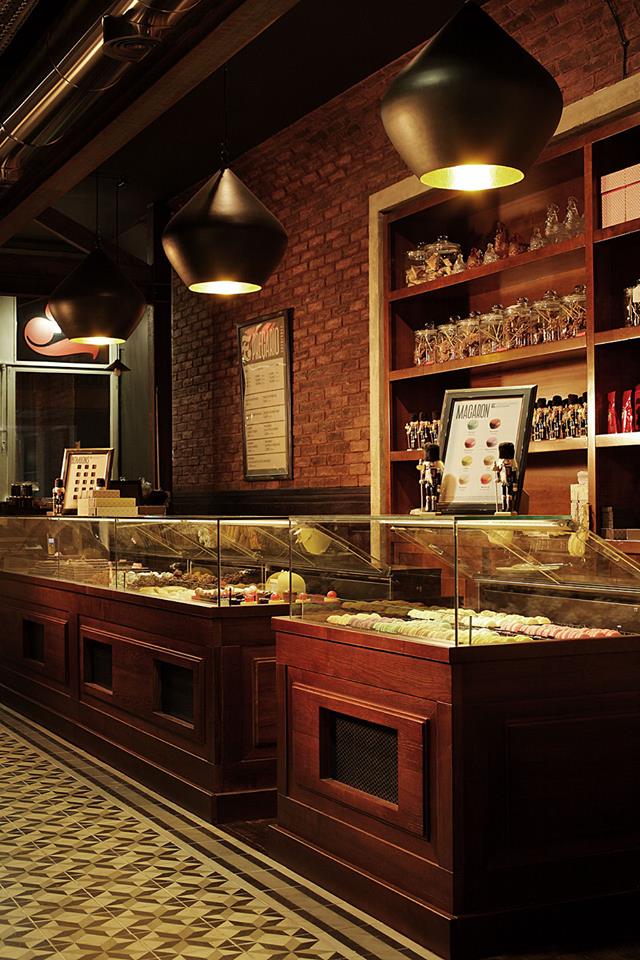
The almonds finally got into the conversation. The first stop is at "Chocolataria Equador", which has shops in Porto and in Lisbon. The confection is handmade and impresses its customers the whole year, whether in various chocolate bars, multicolored almonds and even Easter eggs, during the season. The recipes are bold and there is chocolate mixed with unlikely ingredients, as wasabi. For those who prefer less risky combinations, there are many options available.
Arte, Sabor e Douro - Torre de Moncorvo
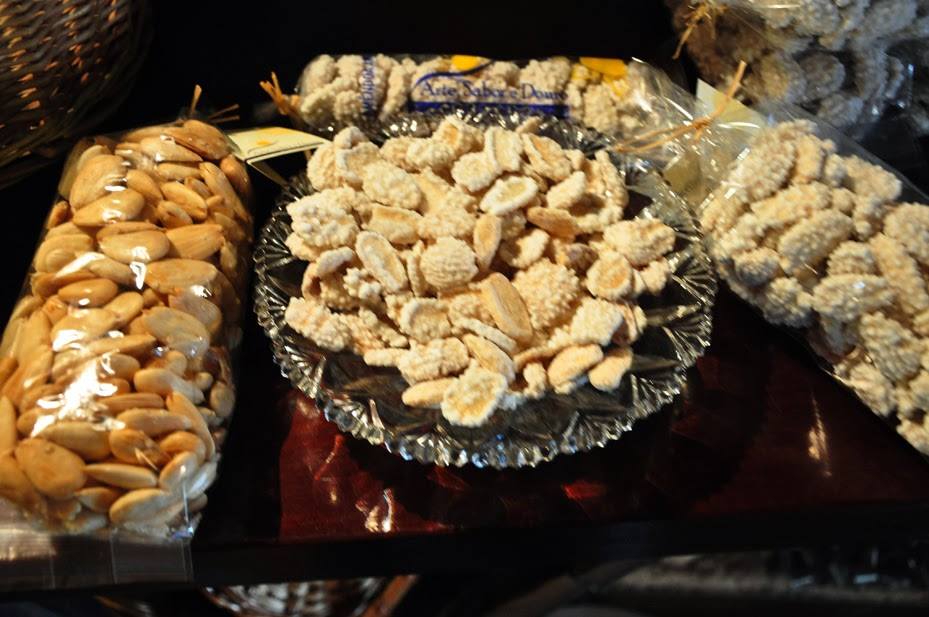
When it comes to handmade almonds, you can't get away from the traditional Moncorvo's covered almond. The product is already a true gastronomic star of the region and it is frequent presence in several national fairs. The "Arte, Sabor e Douro" is one of the main promoters of this almond, as well as of the local wine, betting on various sweets, such as chocolate and jams, and liqueurs. There you can also buy sausages and other northern products.
Sabores do Castelo - Castelo Rodrigo
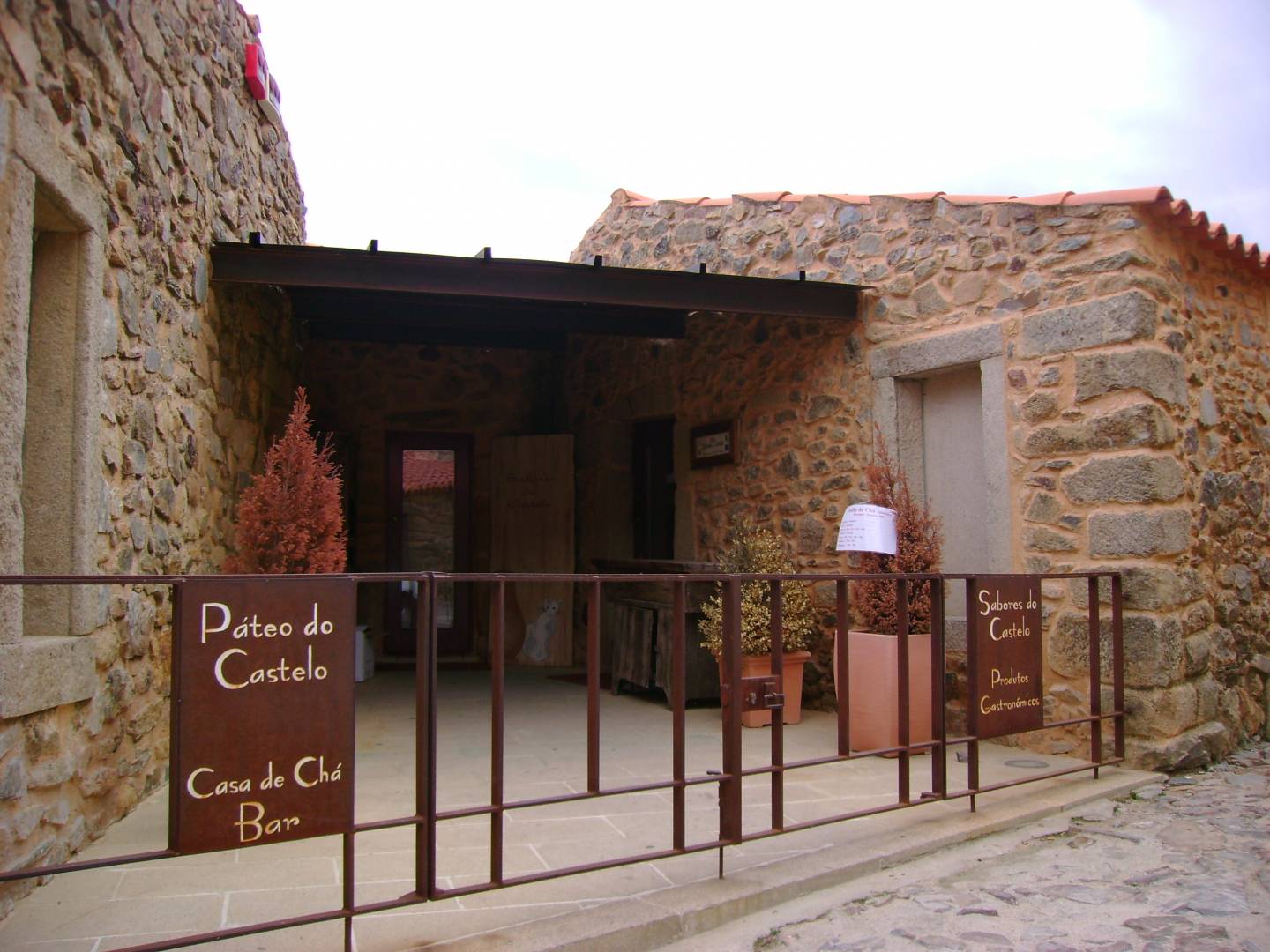
Doing down the Upper Douro, you can easily find shops, especially in historic villages, which sell handmade almonds. This is what happens in Castelo Rodrigo, in the Guarda district. One of the most popular selling places is "Sabores do Castelo", a project of a Frenchman who used to spend his holidays in this quiet locality who opened this shop and a tea house, "Páteo do Castelo", in 2001. Handmade almonds have different flavours, including curry and lavender.
Pão de Ló de Ovar Cruz
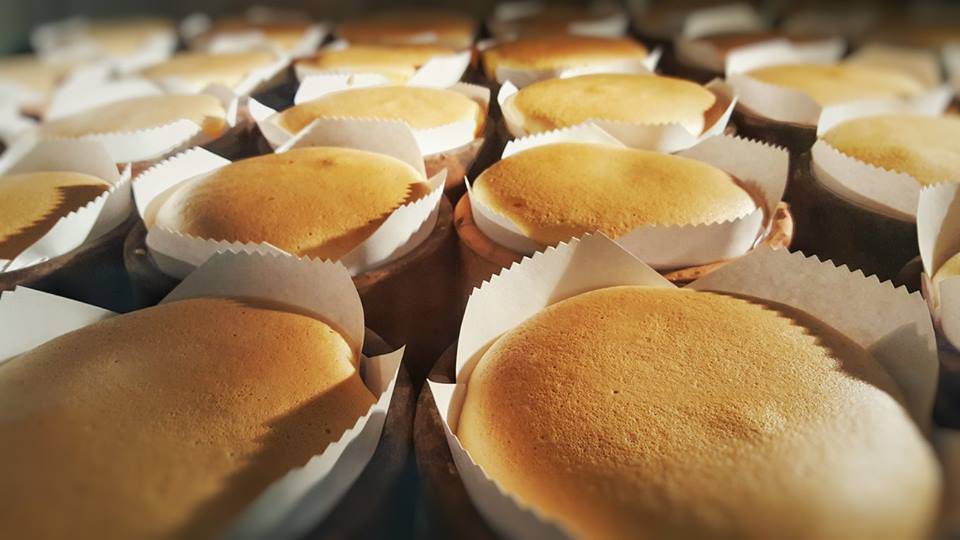
Also very sweet is Ovar's popular "Pão de Ló", so soft it is usually eaten with a spoon. Therefore, when visiting Ovar, one must not miss the opportunity to snack in one of the local pastry shops. One of the most popular is the "Pão de Ló de Ovar Cruz", very active also in the dissemination of this culinary hallmark. If you are curious to know more about this product, you can also take part in a guided tour (minimum of 10 people).
Pastelaria Alcôa - Alcobaça
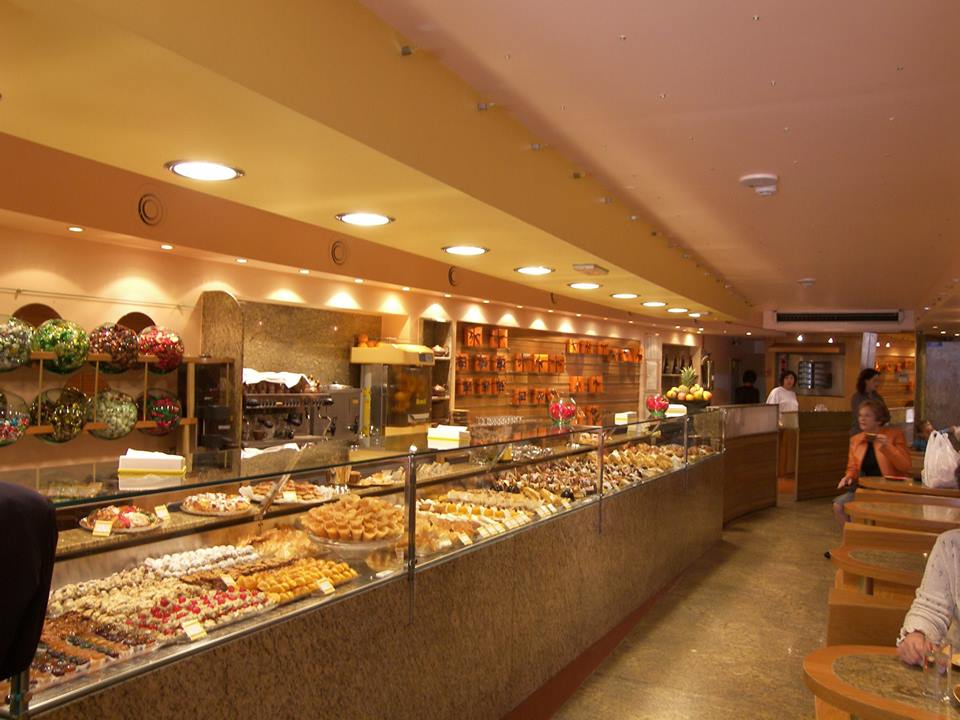
We continue down to Alcobaça, well-known for the monastic sweets. In the store front of "Pastelaria Alcôa", with a store also in Lisbon, it is possible to discover handmade almonds and assorted chocolate eggs, mandatory elements for a sweet Easter. Part of recipes of the traditional establishment has an intimate connection to the history of the locality, dating back up to five centuries. Very popular in Portugal and a regular presence in TV programmes and news, it has already stood out across borders.
Pão de Ló de Alfeizerão - Alcobaça
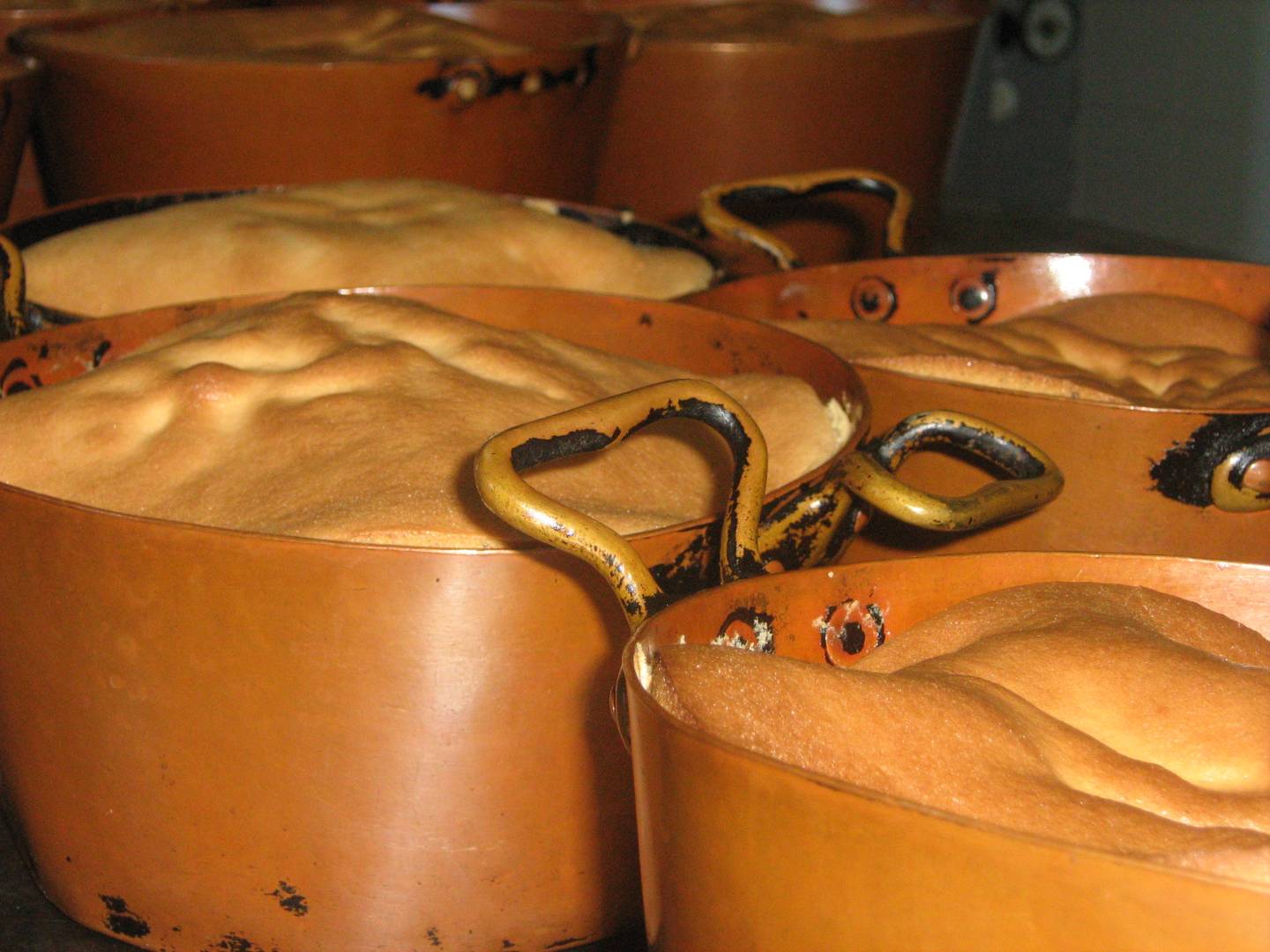
Among the outstanding highlights of Portuguese gastronomy is the famous "Pão de Ló" Alfeizerão, on the sorroundings of Alcobaça. This place is known for this delicacy and the monastic sweets, but also for the reinvention of the "Pão de Ló" do Mosteiro de Coz. This soft cake is part of the history of Portugal, delighting locals and sailors. In addition to this irresistible sweet, you can buy other regional specialities.
Bombondrice - Caldas da Rainha
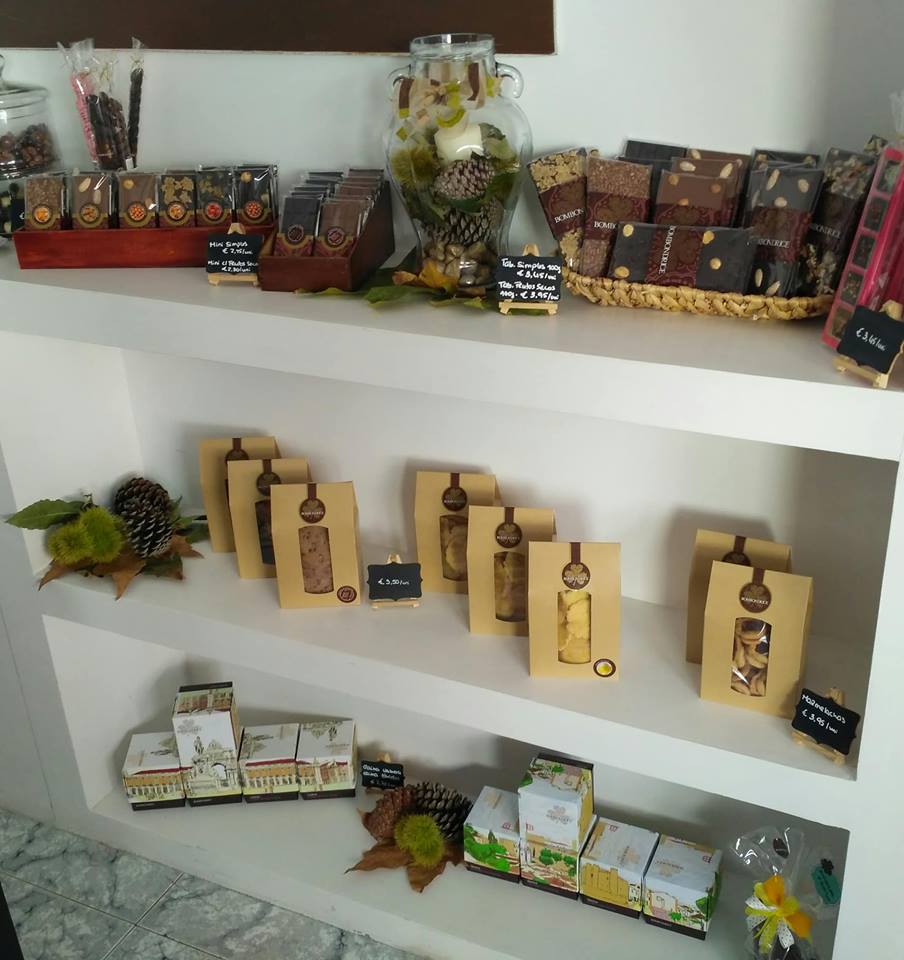
Easter is the highlight of the year for "Bombondrice", in Caldas da Rainha, along with Christmas. The establishment "dresses up" for the festivities, and it is possible to choose between a wide variety of handmade almonds, with flavours like Tiramisú and Straciatella, among others. Also, the eggs have several shapes, from Nougat to the "Ovos da Quinta" (Farm Eggs), that look like chicken eggs.
Brigadeirando - Lisbon
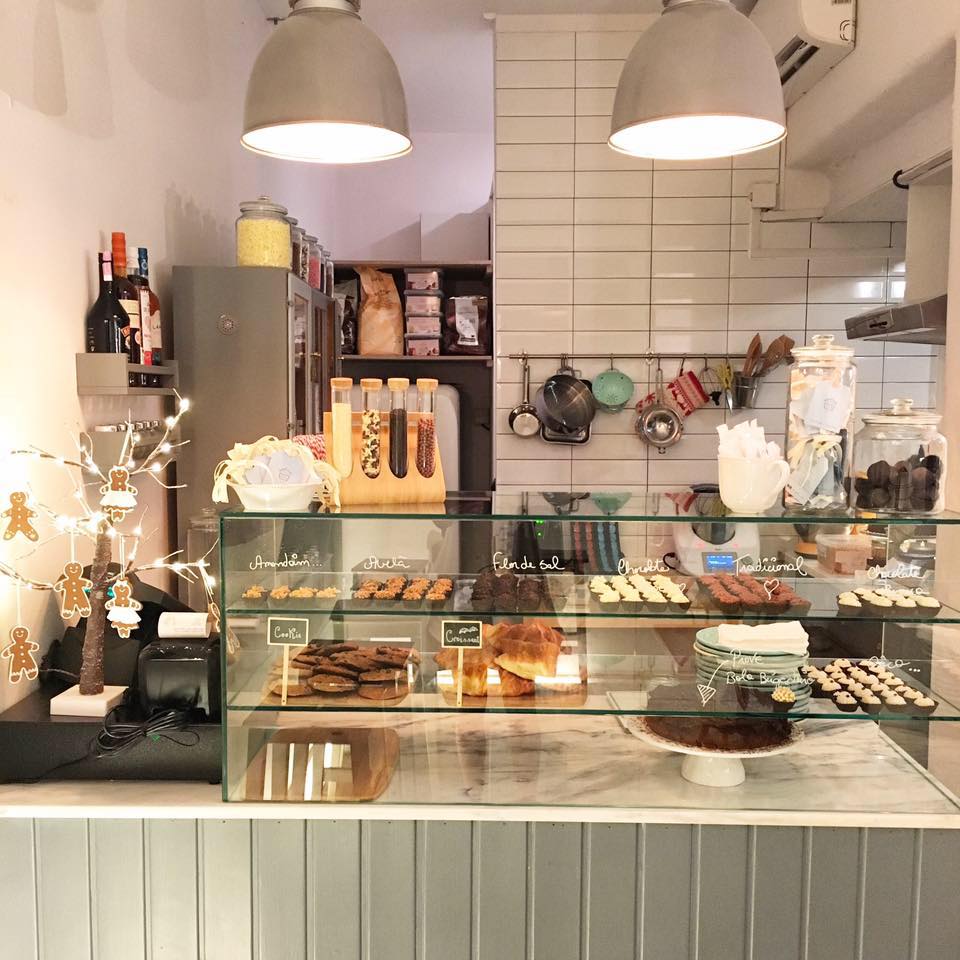
Easter does not live on traditions alone, so it's not surprising when some places risk new recipes. In "Brigadeirando", located in the "Lx Factory", Easter brings very tasty news. This space bets on eggs stuffed with "a twist": the chocolate egg comes stuffed with a "brigadeiro" cake (chocolate and condensed milk), and is eaten with a spoon. Depending on the voracity, you can choose for a smaller egg or a larger one, with raspberry and brownie filling, among others. Will you be able to resist?
Pão do Rogil - Aljezur
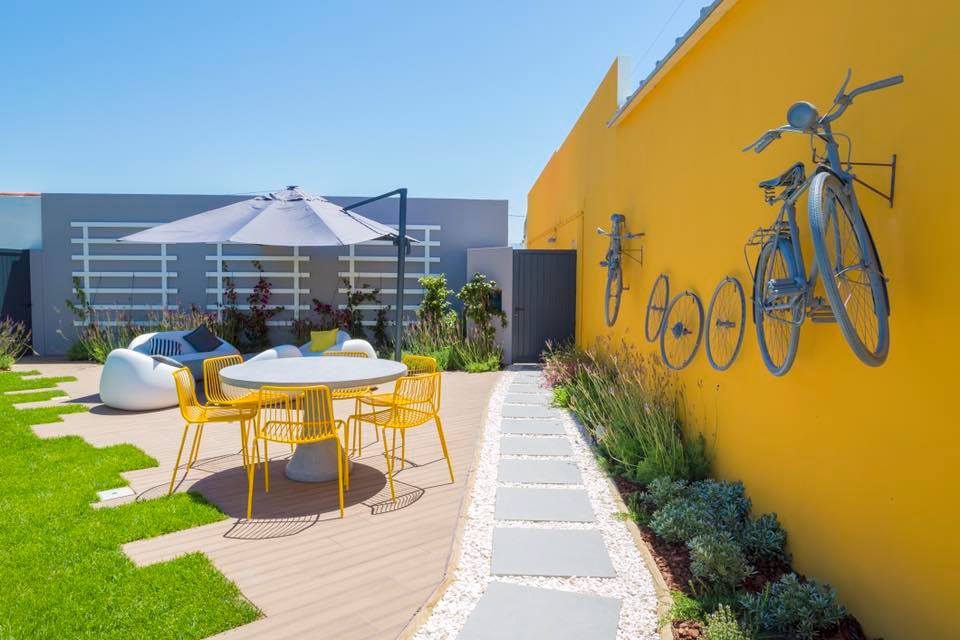
Further south, on the Vicentina Coast, you will find "Pão do Rogil", an artisanal bakery that bets on regional cuisine. Its bread is a must, which can be made of oats, carob and even sweet potatoes, among other options. At Easter, on a traditional way, the place doesn't forget the popular "Folar", based on an old recipe that, despite the influences of modern times, retains the essence of the original.
Confeitaria Alengarve - Faro
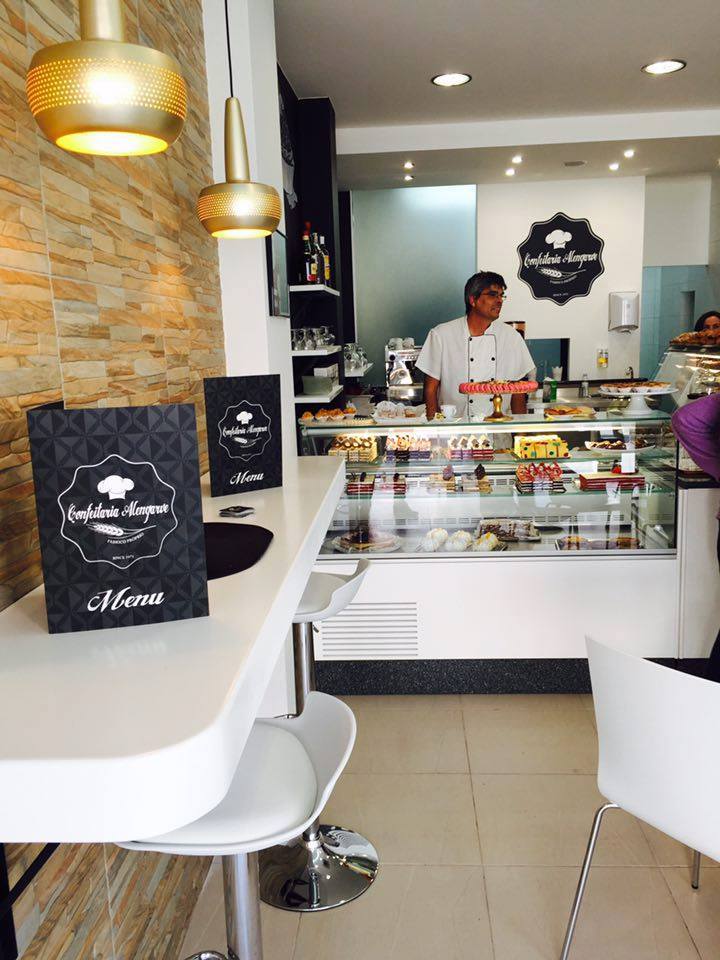
If you think you've seen it all when it comes to the "Folar", think again. In the Algarve, this delicacy takes on a flatter and sweeter form, being a culinary temptation all year round. "Confeitaria Alengarve", in Faro, is already a must stop for anyone who appreciates the region's sweets. The Folar's confection intensifies at Easter due to the demand, and the establishment is also well-known due to its famous "Pastel de Faro".
Folar de Olhão
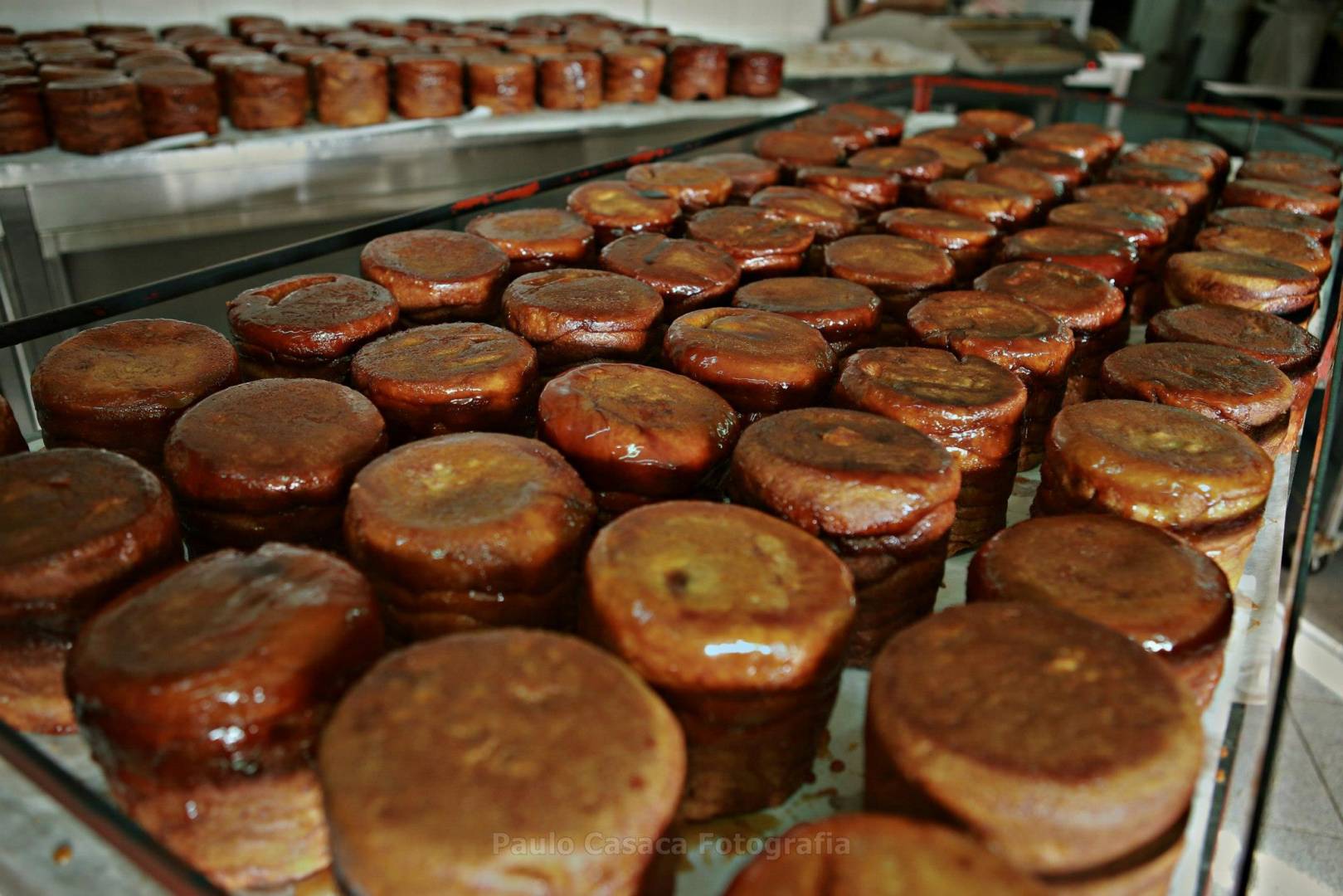
Another must-see for lovers of the Algarve "Folar" is a more discreet shop in Olhão. "Folar de Olhão - João Mendes & Rita" is much sought after by locals and visitors, who can not resist the sweetness and tenderness of this region's delicacy. With 40 years of history, it is a family business inspired by the grandmother of the present owner who, at Easter, was successful with her "Folar". In 1991, and due to the success of this delicacy, the confection of "Folar" was extended to the whole year.
Recommended
